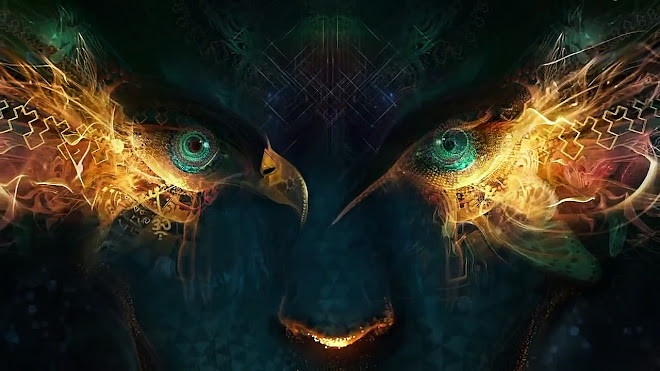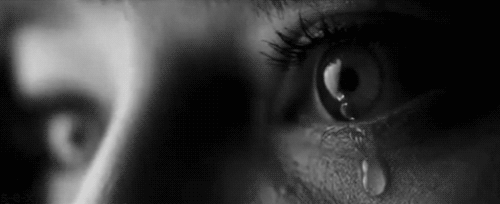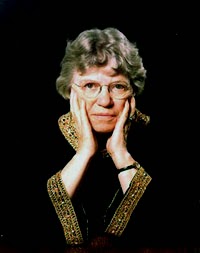14 April 2014
There is no path to truth
Now, if you go into it very clearly and thoroughly, with intelligence, you see that to truth there can be no path; there is no path, as yours and mine: the path of service, the path of knowledge, the path of devotion, and the other innumerable paths that philosophers have invented, depending on their particular idiosyncrasies and neurological responses. Now, if one can think clearly about this matter, without prejudice - I mean by prejudice, being committed to a particular action of thought or belief, and being utterly unaware that one particular form of thinking, one particular approach, must inevitably limit, whether it is the path of knowledge, the path of devotion, or the path of action - , one will see that any particular path must invariably limit, and therefore cannot lead to reality. Because, a path of action, or a path of knowledge, or a path of devotion, in itself, is not sufficient, surely. A man of learning, however erudite, however encyclopaedic his knowledge may be, if he has no love, surely his knowledge is worthless; it is merely book learning. A man of belief, as we discussed, must inevitably shape his life according to the dogma, the tenet, that he holds, and therefore his experience must be limited; because, one experiences according to one's beliefs, and such experience can never be liberating. On the contrary, it is binding. And, as we said, only in freedom can we discover anything new, anything fundamental.
(J. Krishnamurti The Collected Works Volume V)
Labels:
Actuality,
Attention,
Awareness,
Cognitive Dissonance,
Consciousness,
Facts,
Freedom,
JKrishnamurti,
Love,
Meditation,
Mind,
Prayer,
Psychological Revolution,
Self Knowledge,
Truth
Subscribe to:
Post Comments (Atom)






































No comments:
Post a Comment